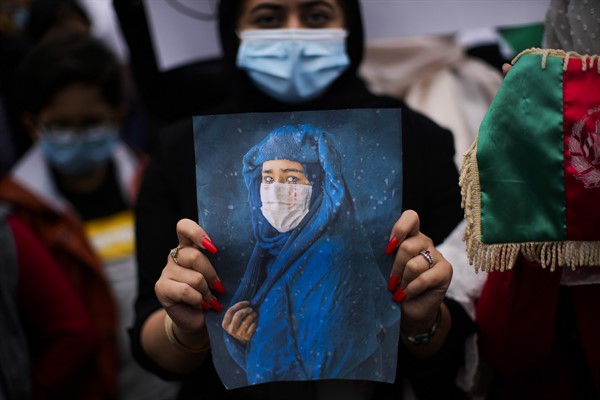There was long a truism in political science that democratic states don’t go to war with one another, based on a century of statistical data. This prompted decades of U.S. foreign policy aimed at democracy promotion, culminating in the failed wars in Afghanistan and Iraq. The problem was that the prevalence of the term “democratic peace” led policymakers to overlook three key facts.
First, while stable democracies do tend to enjoy pacific relations with one another, emergent democracies often face great risk of civil or interstate war. Second, stable democracies are actually more likely to go to war against nondemocracies, meaning that the drive to promote democracy could itself be considered a global security risk. Third, democracy grants power to the people—but not all people want liberal democratic institutions or peace. The result of all this, as political scientists Sadaf Nausheen, Varya Srivastava and Shubra Seth have argued, is that Western democracies have often engaged in futile, self-defeating conquests, undermining peace without building actual democracy.
A similar paradox exists with respect to promoting women’s human rights abroad—a paradox that participants at this week’s United Nations Security Council meetings on “women, peace and security” would be wise to bear in mind. Although evidence is incontrovertible that women’s actual empowerment is good for peace and security, there is also a link between advocacy for women’s rights and violent conflict.

